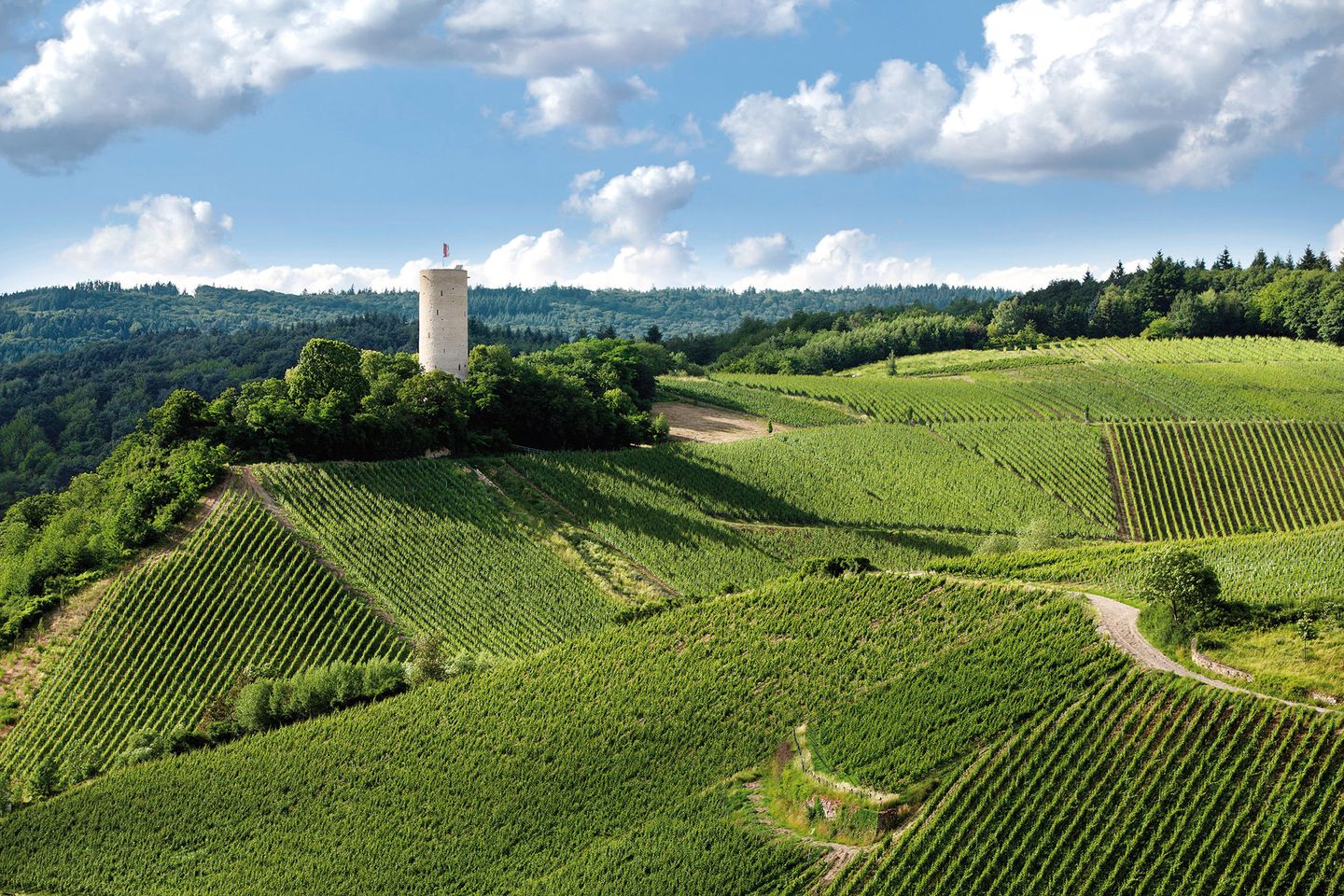“RIESLING IS A WINE THAT REQUIRES CORE COMPETENCE AT ALL LEVELS.”
WILHELM WEIL SPEAKS ABOUT HIS WINES AND WINE ESTATE IN KIEDRICH
Robert Weil
Mühlberg 5
65399 Kiedrich
| Phone | +49 (0)6123/2308 |
|---|---|
| Fax | +49 (0)6123/1546 |
| info@weingut-robert-weil.com |
Office Hours
Mo-Fr 8.00-17.30, Sa 10.00-17.00, So 11.00-17.00Owner
Wilhelm Weil & Suntory
Cellarmaster
Christian Engel & Fabian Kretschmer
Member Since
1907
Wine Area
78,50 acres
Grape Variety
100% Riesling
Geology
Steigung bis zu 60%, Exposition und gute Erwärmbarkeit der kargen Gesteinsböden
Growing Areas
VDP: Was ist das Besondere an Ihrem Weingut?
Weil: Das Weingut liegt am östlichen Ortsrand von Kiedrich am Fuß der Berglagen des Kiedricher Bergs, dem Kiedricher Turmberg und der VDP.GROSSEN LAGE® GRÄFENBERG. Auf diese beiden renommierten Lagen hat man einen privilegierten Blick von unserem Glas.Cabinet heraus. Es wurde auf den Kellern errichtet, in denen seit 1875 Wein ausgebaut wird. Ein toller Ort, um auf einen Landstrich zu schauen, „an welchem unser großer Gärtner conamore gearbeitet hat [Heinrich von Kleist, 1801]!“
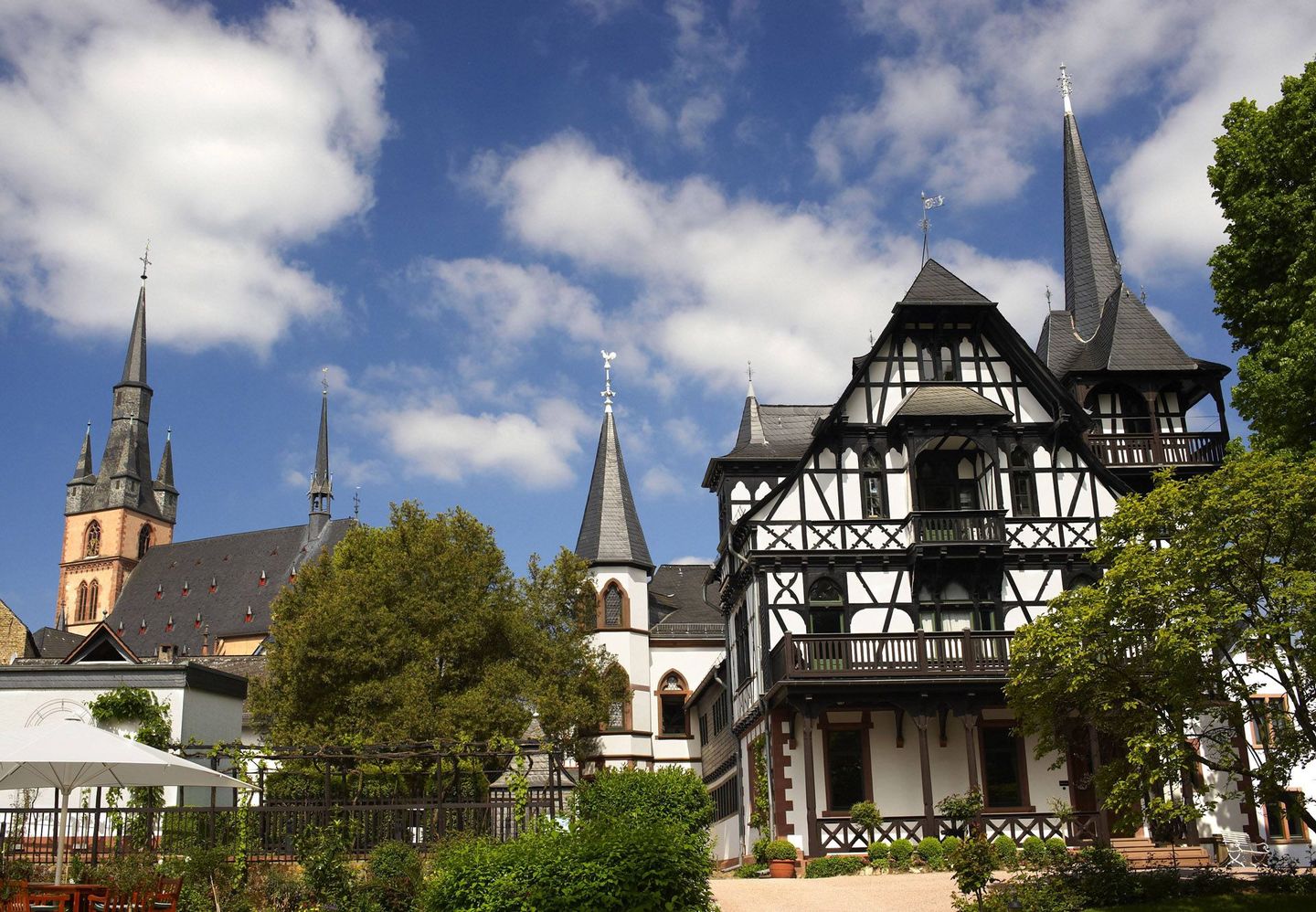
VDP: What is so special about your winery?
Weil: The winery is located on the eastern outskirts of Kiedrich, on the slopes of the Turmberg and the VDP.GROSSEN LAGE® GRÄFENBERG. These two renowned sites are privileged views from our “Glas.Cabinet”, which was built on top of the cellars where wine has been produced since 1875. It’s a great place the area that Heinrich von Kleist wrote of in 1801, ‘where our great gardener conamore worked”.
„UNSER RIESLING-WEINSTIL: HOHE MINERALITÄT, FEINE SÄURE UND KOMPLEXITÄT BEI GLEICHZEITIGER FINESSE UND ELEGANZ.“
VDP: What is your winery philosophy?
Robert Weil: 100 percent Riesling, 100 percent producer bottled, strictly quality-oriented and yield-reducing work in the vineyard, selective hand-picking and an extremely gentle winemaking process in the cellar as guarantors for the production of unique and great wines.
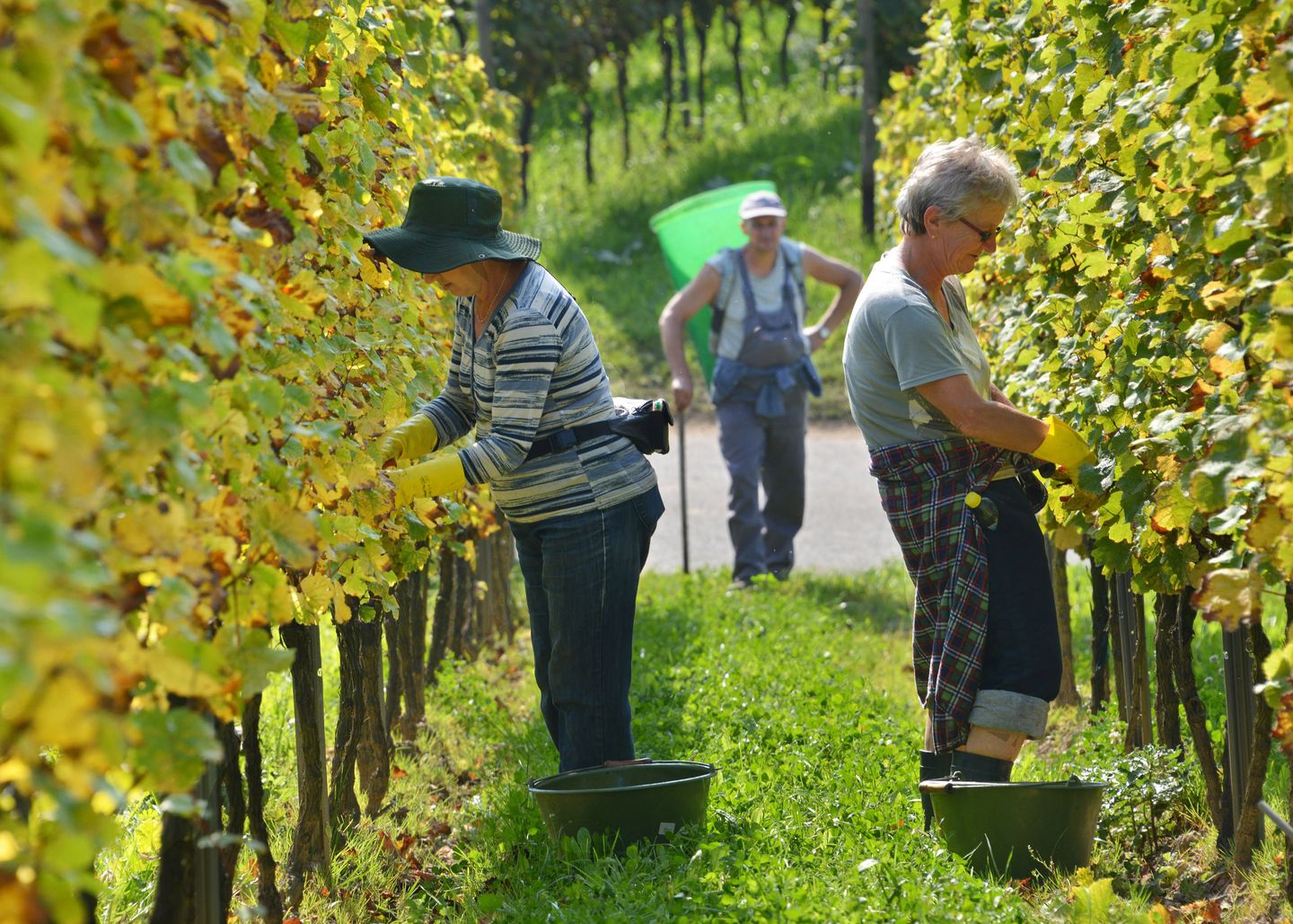
VDP: Which of your wines would you recommend to someone who does not yet know your winery – as an introduction, so to speak?
Weil: This is certainly our VDP.GUTSRIESLING dry, but also the “Kiedricher”, which as VDP.ORTSWEIN already opens the door to the three classified mountain sites!
VDP: Of which wine are you particularly proud?
Weil: Proud may not be the right word. I would rather call it satisfaction. And of course, we have to achieve this every new vintage. Seen in this light, it is certainly the GG from the GRÄFENBERG. A vertical tasting of the last 18 vintages confirms the symbiosis between origin and gentle accompaniment in the cellar.
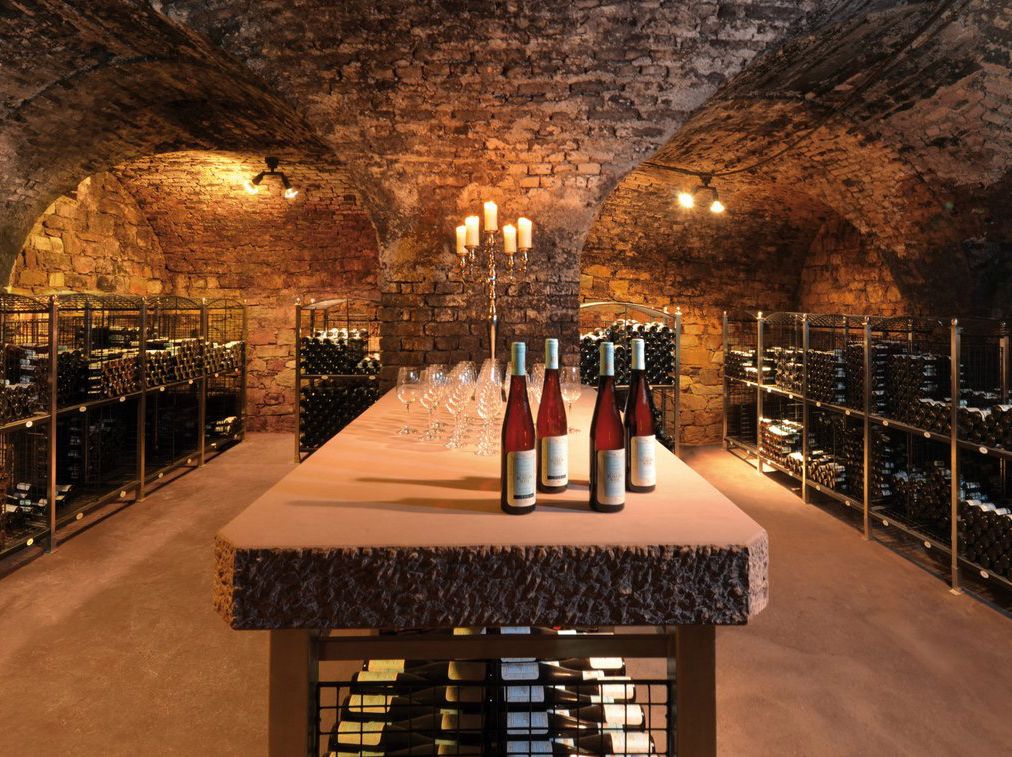
Riesling, trocken
VDP.GUTSWEIN
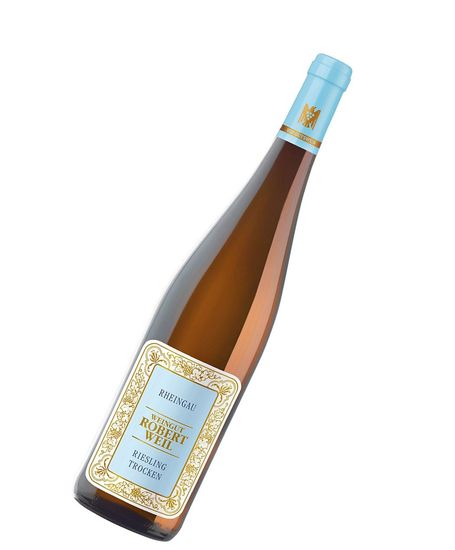
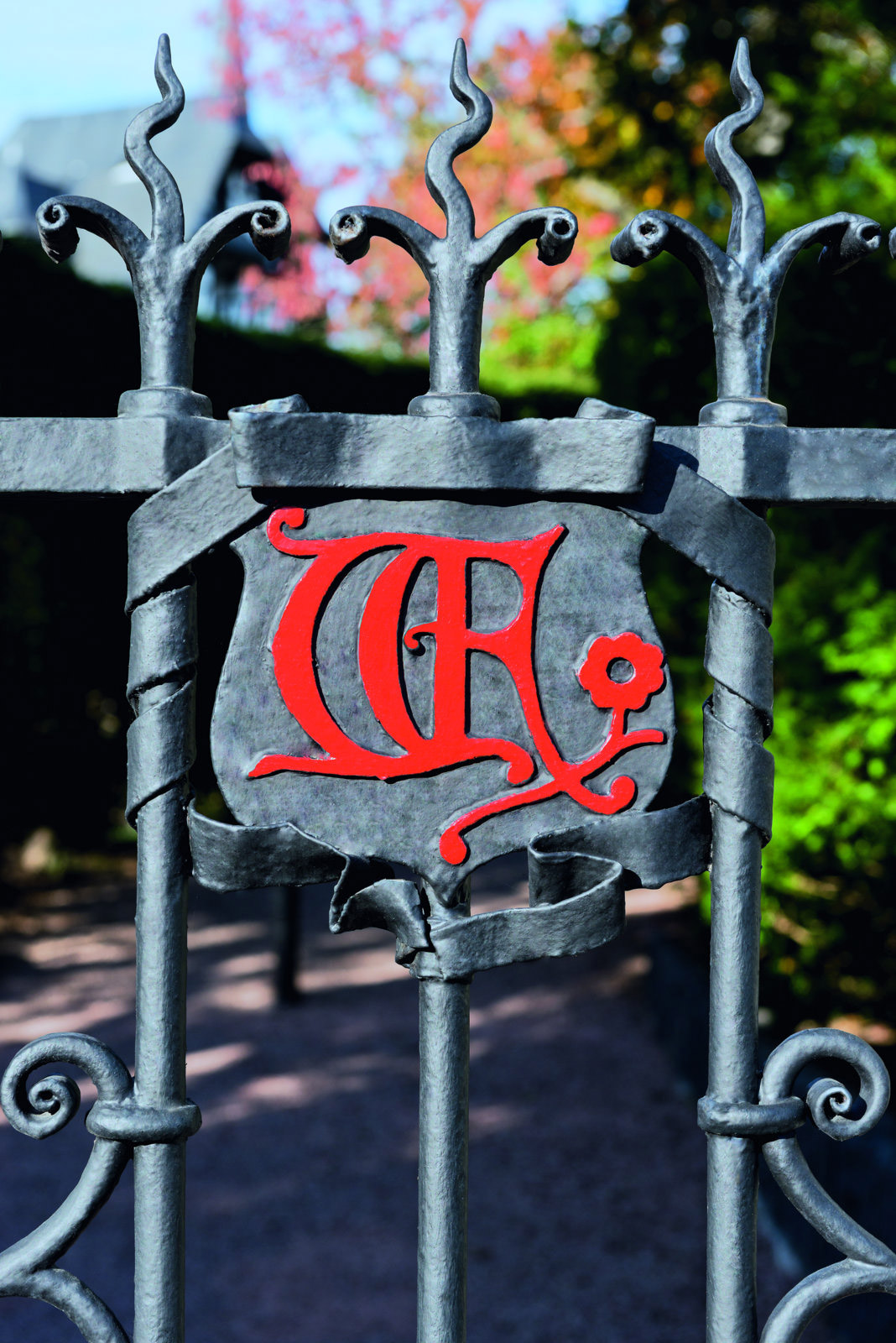
VDP: Why did you become a vintner? Was there a special experience?
Weil: When you grow up with the processes in the vineyard and cellar at a winery, there are logically many different experiences that can have a formative effect. A 1971 GRÄFENBERG Spätlese certainly played an important role for me. It was the summer of 1972 and I was nine years old. I was very curious when I found an open bottle of this Spätlese in the winery’s sample refrigerator. It had remained only half emptied from a tasting. I took a good sip of this bottle every day for over a week. Nobody noticed. Of course, I had already learned a lot, albeit from a child’s point of view, about the processes and sensual aspects of a winery, but this Spätlese finally awakened my interest in Riesling and the winemaking trade.
VDP: Do you have role models, mentors?
Weil: They are the important wines of friendly national and international colleagues who have not necessarily been role models, but always inspirations.
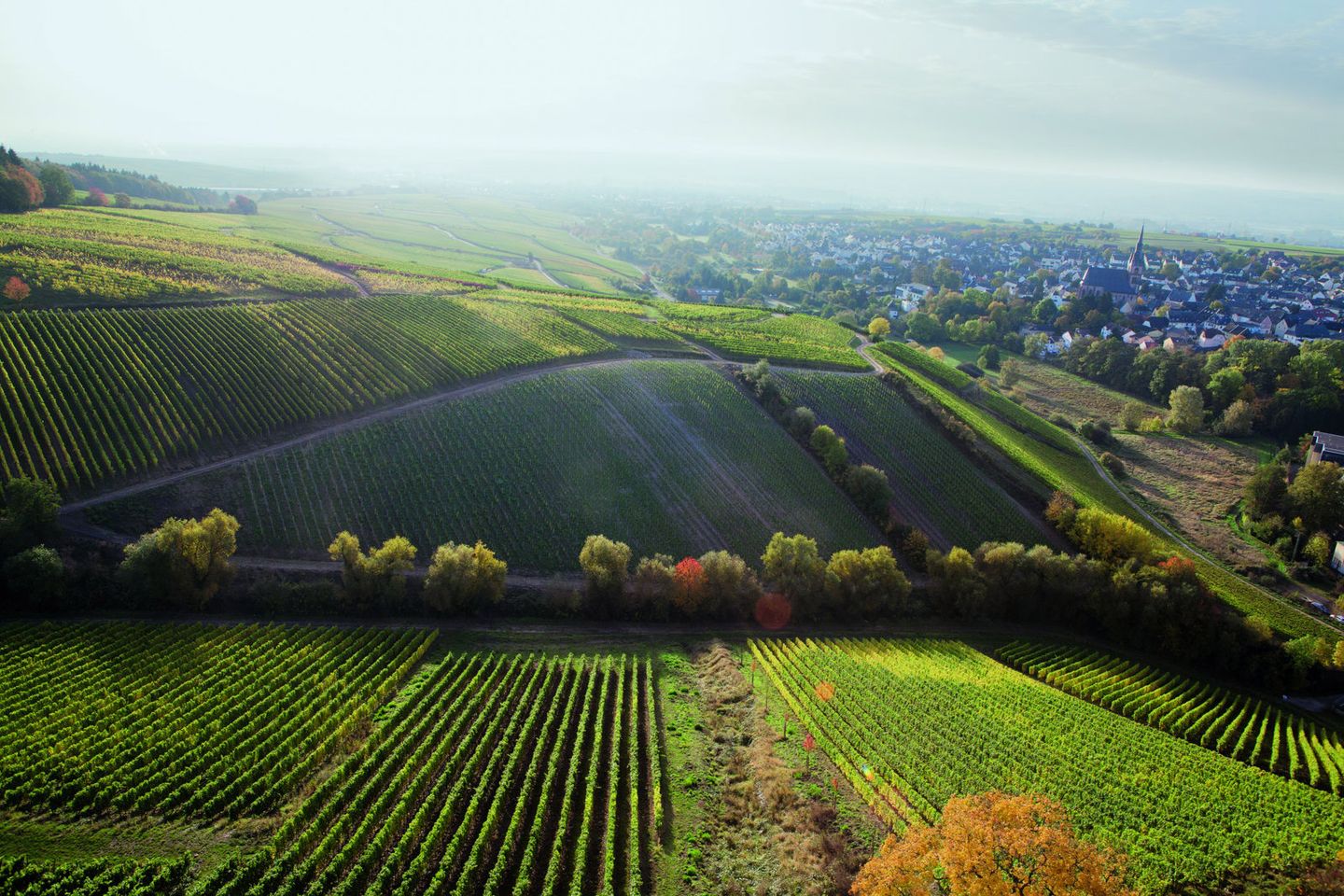
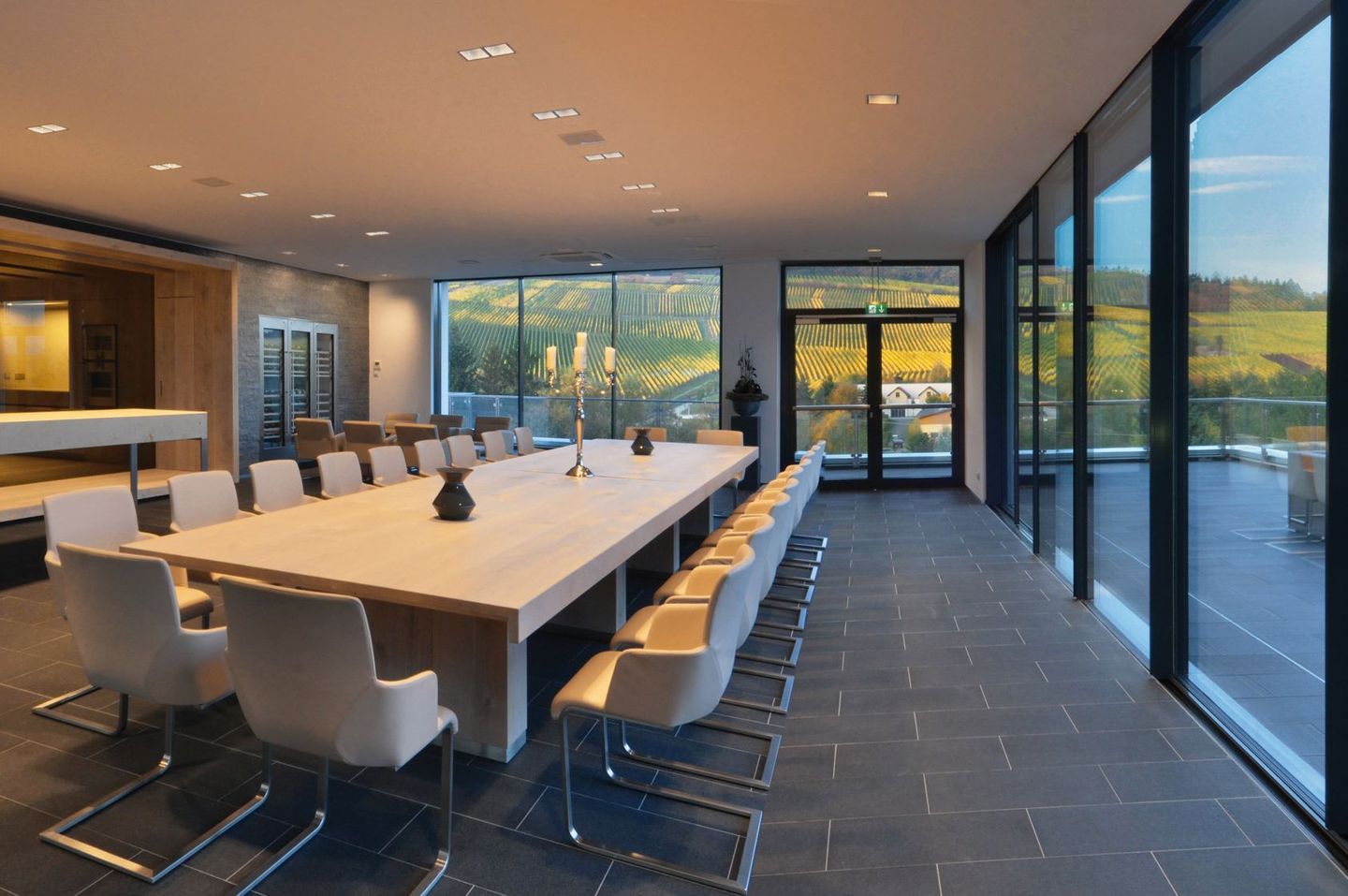
VDP: What are your next goals?
Weil: Riesling is a wine that requires core competence at all levels. This concerns the vineyard, the cellar, the presentation and the marketing. This core competence has to be continuously honed so that the successful history of this important grape variety can continue into a good future, even after a paradigm shift.
VDP: How do you combine tradition and innovation?
Weil: ‘Tradition and modernity’ is often conjured up in connection with viticulture. I prefer the differentiated postulate of the philosopher Odo Marquard ‘future needs origin’! It stands for a clever conservatism that strives for sustainable progress. This is actually good for all situations in life!
VDP: Why should people visit your winery?
Weil: A few years ago, we had a stone stela made into a light pillar for the Turmberg. This is my favourite place in Kiedrich. Sit on the bench in front of this pillar, and your gaze wanders over the Kiedricher Berg and its vineyards down to the Rhine Valley and on to the other side of the Rhine River to Rheinhessen: home region in the metropolitan Rhine-Main!
